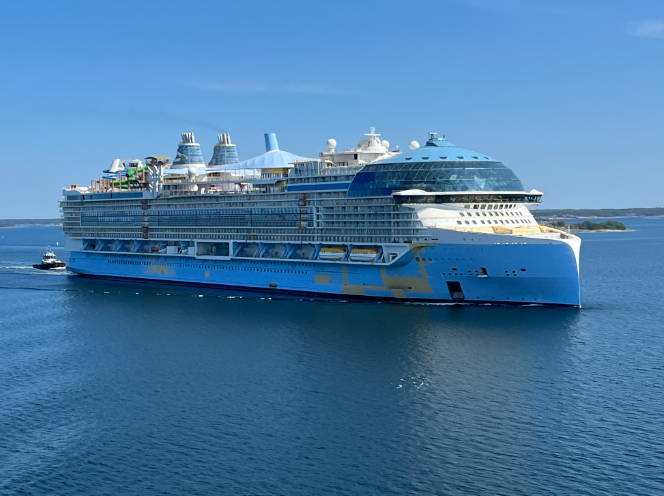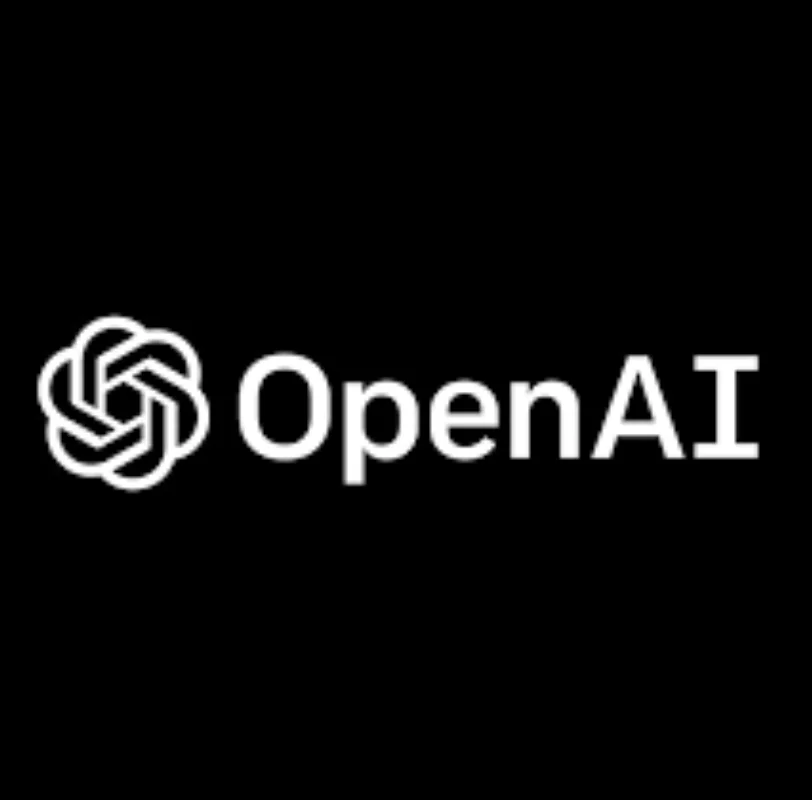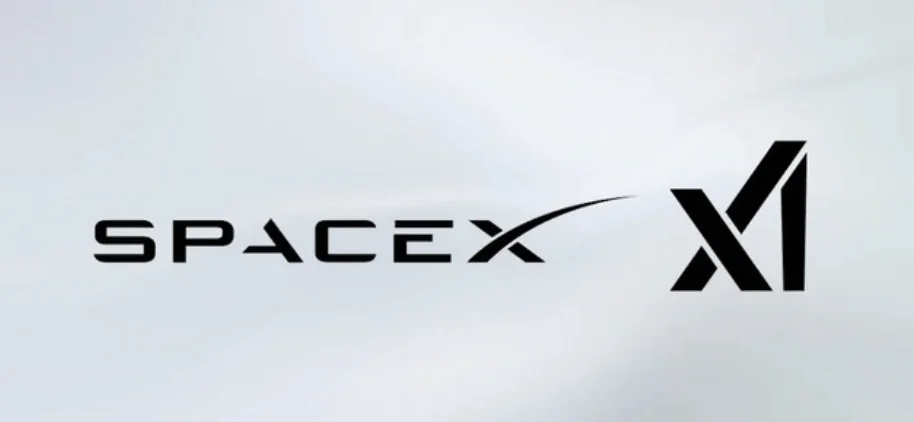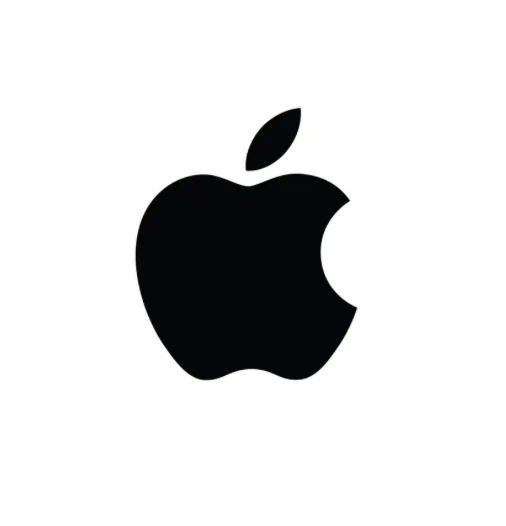In an innovative move to address environmental concerns, Royal Caribbean International is pioneering the use of artificial intelligence (AI) to significantly reduce food waste aboard its newest and grandest vessel, the “Icon of the Seas.” This initiative emerges as a response to the growing calls from environmentalists for the cruise industry to adopt more sustainable practices. Royal Caribbean’s novel approach aims to harmonize its lavish buffets with sustainability goals, targeting a remarkable reduction in food waste.
The “Icon of the Seas,” which embarked on its maiden voyage last month, is the world’s largest cruise ship, boasting a capacity to accommodate nearly 10,000 passengers and crew. For a seven-day journey, the ship is loaded with over 130,000 pounds of food to serve its guests across more than 40 restaurants, bars, and entertainment venues. To tackle the challenge of food waste, Royal Caribbean has developed a new AI system designed to optimize food preparation and consumption processes on board.
Linken D’Souza, Global Head of Food and Beverage at Royal Caribbean International, shared his passion for the project.
“I think the single biggest thing that any human being can do is not waste food, and I’m super passionate about it,” he said.
This AI technology enables precise prediction of the amount of food, down to individual ingredients, required for each cruise, thereby minimizing excess and waste.
“Whether it’s roast beef in a sandwich or a steak in a dining room, I know exactly how much beef we’ll use on a ship in the future,” D’Souza continued.
The system’s effectiveness has already shown promising results during the “Icon of the Seas’” preview sailings, with about 86% of its food being utilized — aligning with Royal Caribbean’s ambitious goal to cut food waste in half by 2025. Despite these advancements, the reality remains that thousands of pounds of food are still discarded.
Greg Keoleian, Director of the Center for Sustainable Systems at the University of Michigan, emphasized the importance of preemptive measures.
“Biodigesters can help reduce food waste, but we really want to avoid the generation of the food waste in the first place. So using AI as a strategy is very innovative,” said Keoleian.
Royal Caribbean’s commitment to sustainability doesn’t stop at AI. The “Icon of the Seas” also features the world’s first floating water park partly powered by converted food waste, cardboard, and biowaste into pellets. These pellets, when heated, produce steam that generates power, showcasing a novel approach to waste-to-energy conversion. Across its fleet of 28 ships, Royal Caribbean has already achieved a 33% reduction in food waste, resulting in significant cost savings and a decrease in environmental impact.
This initiative by Royal Caribbean highlights the cruise industry’s potential to lead in sustainability efforts, utilizing technology to address environmental challenges. As AI continues to touch various aspects of our lives, its application in reducing food waste on cruise ships marks a significant step towards more responsible and sustainable travel practices. The “Icon of the Seas” not only sets sail towards new destinations but also charts a course towards a more sustainable future for the cruise industry.
Featured image: “Icon of the Seas”. Credit: Wikipedia






